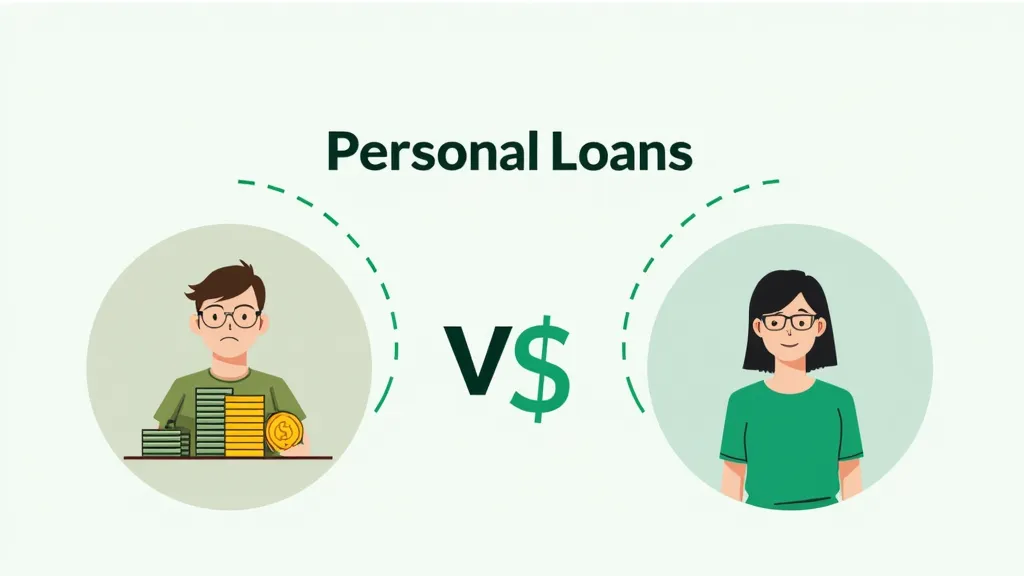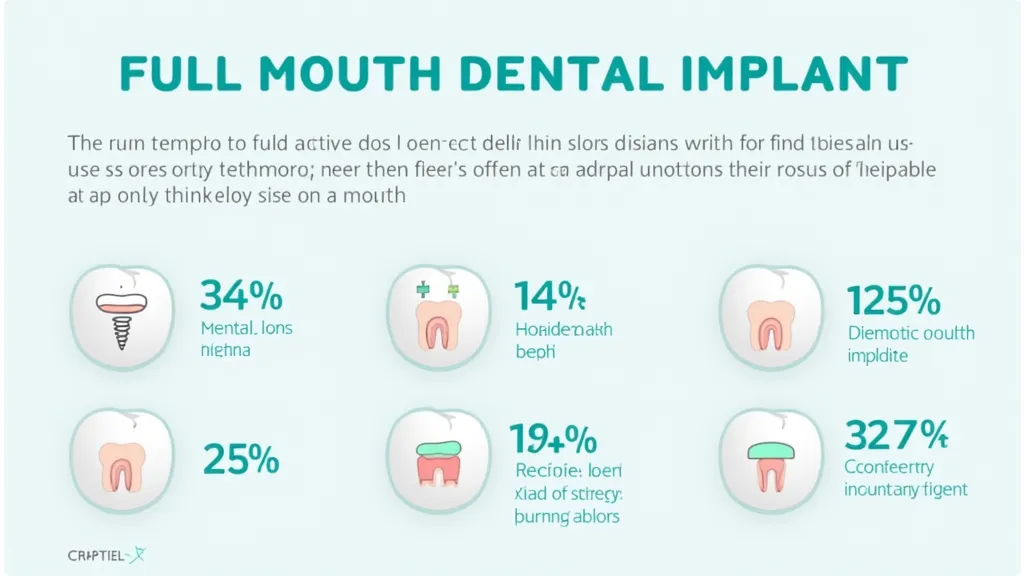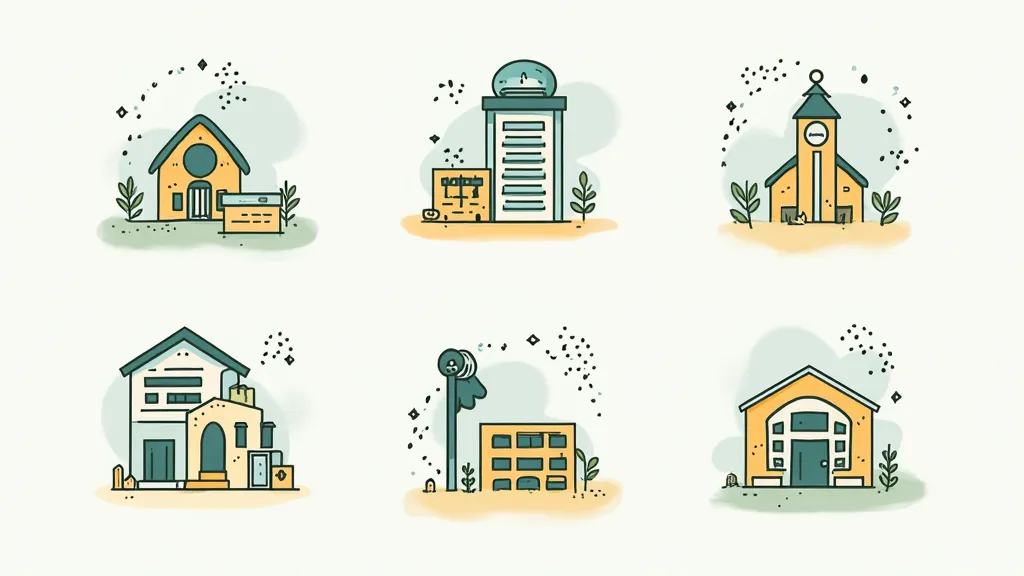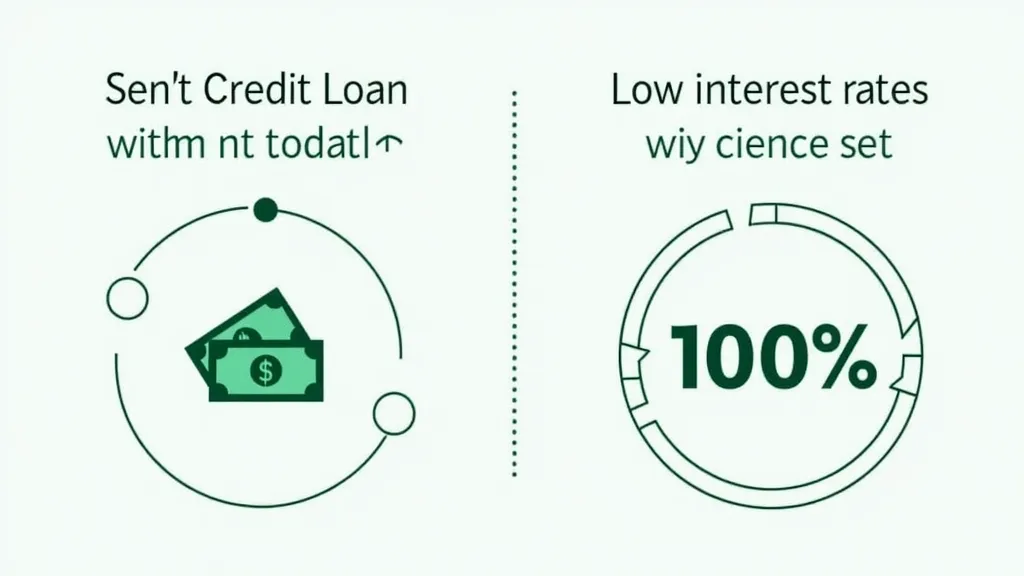Personal Grants and Loans for Debt Relief
Discover how to secure personal grants and loans to effectively pay off debts and achieve financial stability.

Understanding Personal Grants for Debt Relief
Personal grants are funds provided by various organizations and public sector bodies that do not need to be repaid. These grants can be a valuable resource for individuals seeking to pay off debts. Unlike loans, personal grants are often based on specific needs, such as financial hardship, and can help alleviate the burden of debt without adding to it.
Types of Personal Grants Available
There are several types of personal grants that you may consider to help pay off debts:
- Public sector Grants: Various federal and state programs offer grants to individuals facing financial difficulties. These can include grants for low-income families, disabled persons, and other qualifying criteria.
- Nonprofit Organizations: Many nonprofit organizations provide grants to individuals as part of their mission to assist those in financial distress.
- Educational Grants: If you are a student or planning to return to school, educational grants can help reduce tuition costs, allowing you to allocate more funds to paying off debts.
How to Apply for Personal Grants
Applying for personal grants requires thorough research and preparation. Here are steps to follow:
- Identify Your Needs: Clearly outline your financial situation and what you require assistance with, such as debt repayment.
- Research Available Grants: Look for grants that align with your needs. Websites like Grants.gov can be a good starting point.
- Prepare Your Application: Gather all necessary documentation, such as income statements, identification, and a compelling narrative explaining your situation.
- Submit Your Application: Follow the specific submission guidelines for each grant, and ensure you meet all deadlines.
Top Personal Loans for Debt Consolidation
In addition to grants, personal loans can also be a useful tool for managing debt. Personal loans typically offer lower interest rates than credit cards, making them an excellent option for debt consolidation. Here’s what you need to know about the top personal loans:
Benefits of Personal Loans
- Fixed Monthly Payments: Personal loans often come with fixed interest rates, making your monthly budget easier to manage.
- Lower Interest Rates: Compared to credit cards, personal loans usually offer lower interest rates, which can save you money over time.
- Flexible Use: You can use personal loan funds for various purposes, including paying off multiple debts.
How to Choose the Top Personal Loan
When selecting a personal loan, consider the following factors:
- Interest Rates: Compare rates from various lenders to find the very favorable terms.
- Loan Terms: Look for loans that offer flexible repayment terms that fit your financial situation.
- Fees: Be aware of any origination fees or penalties for early repayment that may impact the overall cost of the loan.
Finding Low Interest Personal Loans
To find low-interest personal loans, follow these tips:
- Check Your Credit Score: A higher credit score typically qualifies you for lower interest rates. Ensure your credit report is accurate and take steps to improve your score if necessary.
- Shop Around: Use online comparison tools to evaluate different lenders and their interest rates.
- Consider Credit Unions: Credit unions often offer lower rates compared to traditional banks, especially for members.
Applying for Personal Loans Online Today Fast
If you need funds quickly, applying for a personal loan online can be a fast and convenient option. Here’s how to do it:
- Gather Necessary Information: Prepare your personal information, income details, and employment history for a smooth application process.
- Choose a Lender: Select an online lender that meets your needs and has positive reviews.
- Complete the Application: Fill out the application form accurately and submit it for review.
Once submitted, many lenders provide quick feedback, allowing you to receive approval and funds quickly, often within the same day.
Frequently Asked Questions (FAQ)
What is the difference between a grant and a loan?
A grant is money given to you that does not need to be repaid, while a loan is borrowed money that must be repaid with interest.
How can I improve my chances of getting a personal grant?
To improve your chances, research thoroughly, follow application guidelines carefully, and provide detailed information about your financial situation.
Can I use a personal loan for anything?
Yes, personal loans can be used for various purposes, including consolidating debt, covering medical expenses, or financing home improvements.
What if I have bad credit?
If you have bad credit, consider lenders that specialize in loans for individuals with lower credit scores or explore secured loan options.
References
- Grants.gov - A comprehensive resource for federal grants.
- Consumer Financial Protection Bureau - Offers information on personal loans and financial education.
- Credit Karma - A platform to check your credit score and find suitable loans.
In conclusion, securing personal grants and loans can significantly aid in managing and paying off debts. Whether you opt for a grant that requires no repayment or a personal loan with lower interest rates, understanding your options is crucial for achieving financial stability.








